#louis dee
Explore tagged Tumblr posts
Text

Follow my Spotify page.
#J.O.D#benny the butcher#smoovth#guilty simpson#tha god fahim#teller banks#verbal kent#planet asia#egreen#louis dee#rap#beats#beats by design#johnny marsiglia#spotify#bang belushi#aakeem eshu#Spotify
3 notes
·
View notes
Text
Senza ma, senza se, senza dirsi
Che i sogni sono troppo grandi in proporzione ai rischi
E tu hai gli occhi troppo grandi e belli per finali tristi
Così grandi che, se piangi, affondo negli abissi
Lasciami il tempo di stupirti
Se vuoi, puoi ballare finché si fa tardi
Tanto si è fatto troppo tardi anche per dire: "È tardi", quindi
Baby, resta qui con me
Baby, resta qui con me
Vuoi ballare e giocare ancora un po'?
Un cielo senza nuvole
È come un mare senza lacrime
Puoi stare qui con me oppure no
0 notes
Text

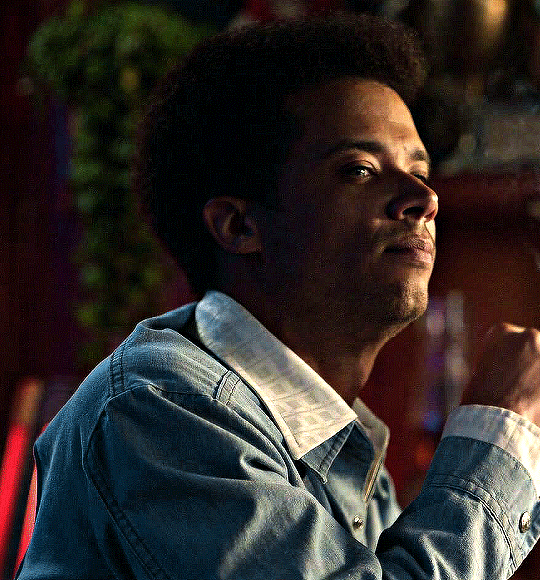

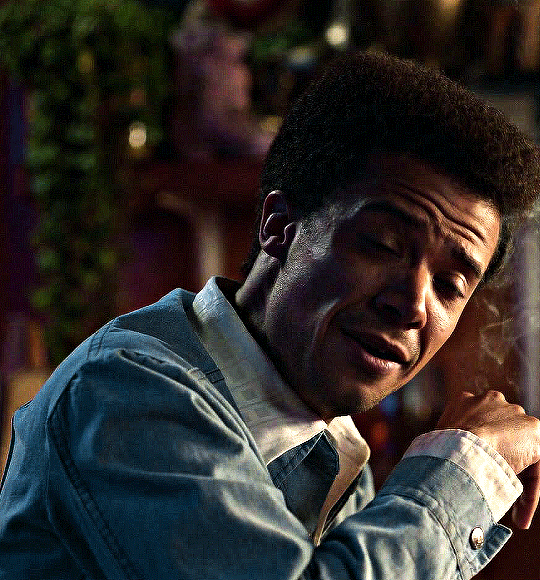
LOUIS DE POINTE DU LAC Interview with the Vampire | S01E06 "Like Angels Put in Hell by God"
#interview with the vampire#iwtvedit#iwtv#tvedit#louis de pointe du lac#userbru#usersage#gif#tv#*#by dee
1K notes
·
View notes
Text


#fanart#cute#louis tomilson#harry styles#niall horan#liam payme#zayn malik#14 years of one direction#one direction anniversary#one direction#1d#one dee
326 notes
·
View notes
Text
unfortunately i was tempted by the voices to make more of these lists





#lord of the rings#lotr#frodo baggins#samwise gamgee#gollum#our flag means death#ofmd#stede bonnet#edward teach#amc iwtv#iwtv#interview with the vampire#lestat de lioncourt#louis de pointe du lac#community#nbc community#abed nadir#troy barnes#britta perry#jeff winger#annie edison#shirley bennett#iasip#it’s always sunny in philadelphia#dee reynolds#dennis reynolds#iasip mac#charlie kelly#frank reynolds
56 notes
·
View notes
Text






























Some of my favourite one direction group pictures.
One direction (2010-2015)
84 notes
·
View notes
Text
A handful of new, alternate, and previously released promotional photos from the International Tour in 2022.

A new one of Lizzie Nance as Bombalurina.

An alternate one of Hal Fowler as Gus and Aimee Hodnett as Jellylorum.

A slight alternative with Jacinta Whyte as Grizabella, Lizzie Nance as Bombalurina, and Frances Dee as Demeter.

A new one of Russell Dickson as Munkustrap.

The Ad-Dressing of Cats, previously seen.
In a case of the odd one out, Ceili O'Connor as Jennyanydots from promotional photos of the European Tour in late 2018, with Hannah Kenna Thomas as Beetle Victoria and Louis Van Leer as Beetle Carbucketty.

#CATS Musical#CATS the Musical#CATS International Tour 2022#CATS European Tour 2022#CATS UK Tour 2022#Bombalurina#Lizzie Nance#Jellylorum#Aimee Hodnett#Grizabella#Jacinta Whyte#Gus#Hal Fowler#Demeter#Frances Dee#Munkustrap#Russell Dickson#CATS International Tour 2018#CATS UK Tour 2018#Jennyanydots#Ceili O'Connor#Victoria#Hannah Kenna Thomas#Carbucketty#Louis Van Leer
35 notes
·
View notes
Text

Gosh
#life#blog#louis tommo#idk what im doing#one direction#one dee#onedirection#harry styles#louis tomlinson#zayn malik#liam payne#niall horan#music#spotify#spotify wrapped#spotify wrapped 2024
21 notes
·
View notes
Text
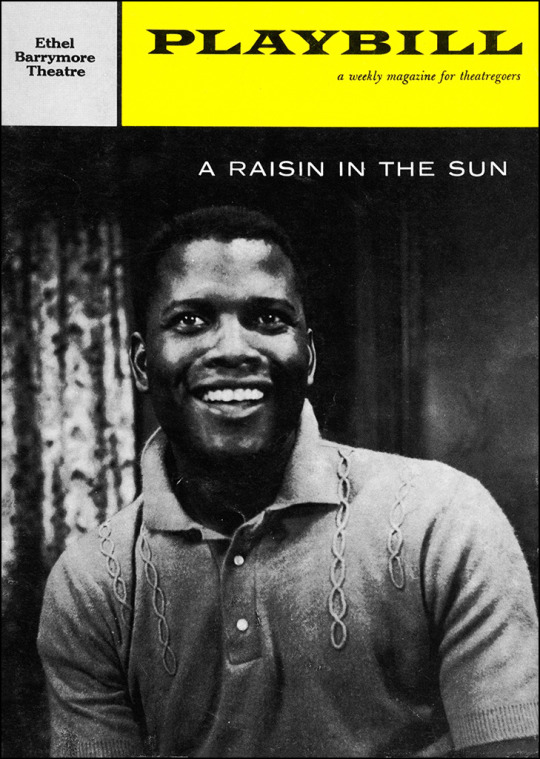
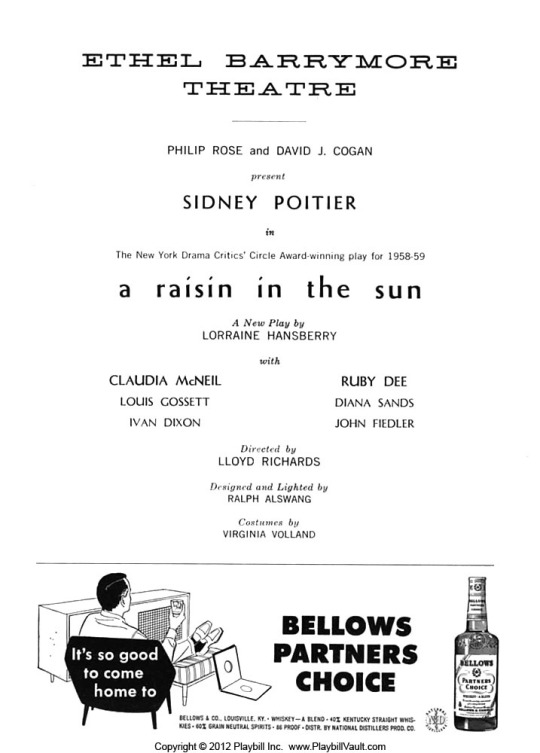




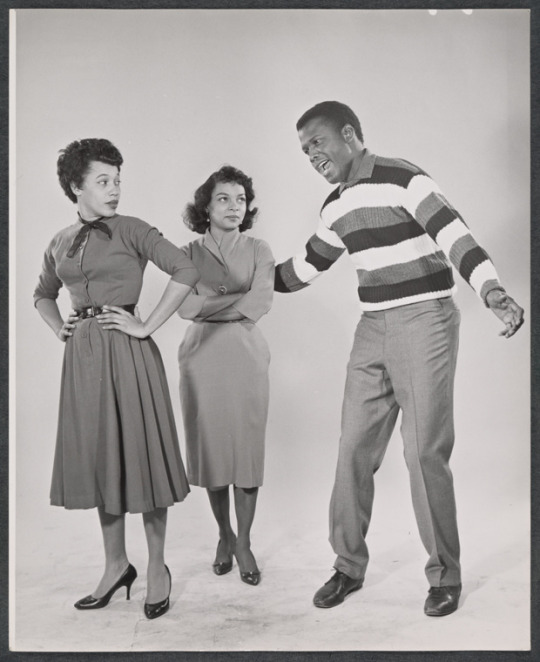

Lorraine Hansberry's “A Raisin in the Sun,” the first Broadway play written by a Black woman, opened at the Ethel Barrymore Theatre on March 11, 1959. #OnThisDay
Cast: Sidney Poitier, Ruby Dee, Ivan Dixon, John Fiedler, Louis Gossett Jr, Claudia McNeil, Diana Sands
#a raisin in the sun#broadway#sidney poitier#ruby dee#claudia mcneil#diana sands#ivan dixon#louis gossett jr.
72 notes
·
View notes
Text

I saw this pure af post on reddit! Brought me a smile to think that even in tragedy, the boys and their music will live on and continue to gather new fans and I think this would make Liam very happy!
#louis tomlinson#liam payne#niall horan#zayn malik#harry styles#fitf#smokey blue sunshine#reddit#one direction#wun dee#1d4lyfe
20 notes
·
View notes
Text




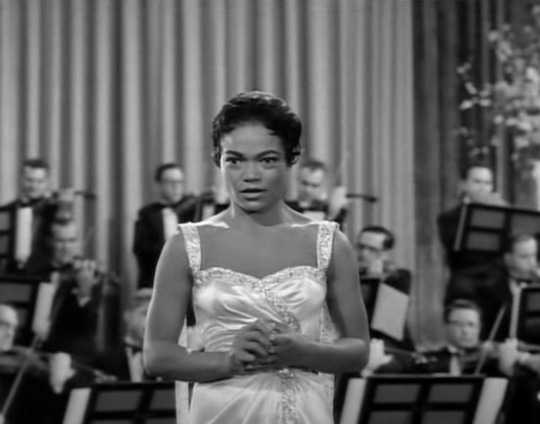


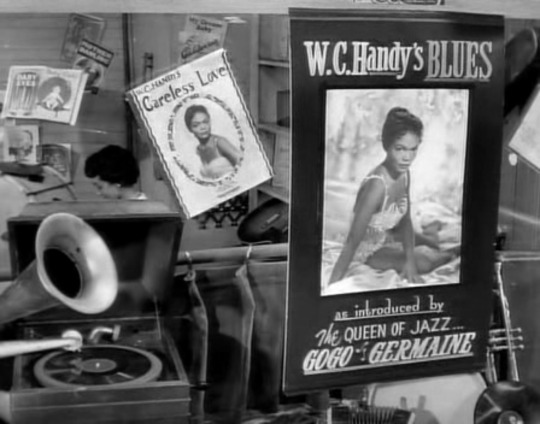


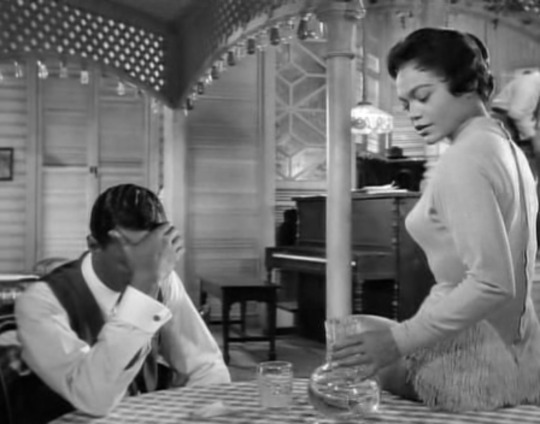
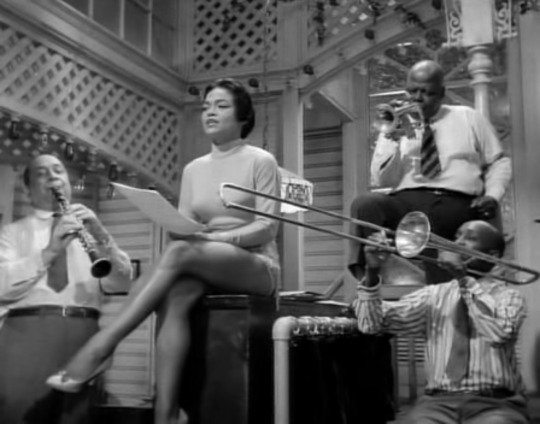
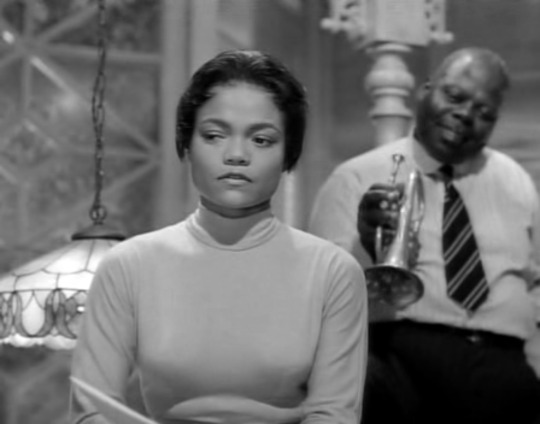



Eartha Kitt in St. Louis Blues (1958)
#eartha kitt#nat king cole#ruby dee#1958#st. louis blues#jazz#1950s film#50s movies#b&w#allan reisner#50s music#actor posts
66 notes
·
View notes
Text

So the weather?
#one direction#harry styles#liam payne#louis tomilson#niall horan#1d#zayn mailk#1d fanfiction#faith in the future#harry's house album#1d imagines#niall 1d#1direction#one direction reunion#one dee#one direction fandom#directioners#so the weather#help#up all night#x factor#julian bunetta#forever young
17 notes
·
View notes
Text

Spirits of the Dead (1968) by Federico Fellini, Roger Vadim & Louis Malle
#spirits of the dead#1968#60s#1960s#60s movies#movies#brigitte bardot#alain delon#jane fonda#terence stamp#peter fonda#federico fellini#roger vadim#louis malle#sixties#60s actress#by dee dee
115 notes
·
View notes
Text
James Earl Jones, Whose Powerful Acting Resonated Onstage and Onscreen, Dies at 93
He gave life to characters like Darth Vader in “Star Wars” and Mufasa in “The Lion King,” and went on to collect Tonys, Golden Globes, Emmys and an honorary Oscar.

James Earl Jones in 1980. He climbed to Broadway and Hollywood stardom with talent, drive and remarkable vocal cords.Credit...M. Reichenthal/Associated Press
Published Sept. 9, 2024 Updated Sept. 10, 2024, 1:30 a.m. ET
James Earl Jones, a stuttering farm child who became a voice of rolling thunder as one of America’s most versatile actors in a stage, film and television career that plumbed race relations, Shakespeare’s rhapsodic tragedies and the faceless menace of Darth Vader, died on Monday at his home in Dutchess County, N.Y. He was 93.
The office of his agent, Barry McPherson, confirmed the death in a statement.
From destitute days working in a diner and living in a $19-a-month cold-water flat, Mr. Jones climbed to Broadway and Hollywood stardom with talent, drive and remarkable vocal cords. He was abandoned as a child by his parents, raised by a racist grandmother and mute for years in his stutterer’s shame, but he learned to speak again with a herculean will. All had much to do with his success.
So did plays by Howard Sackler and August Wilson that let a young actor explore racial hatred in the national experience; television soap operas that boldly cast a Black man as a doctor in the 1960s; and a decision by George Lucas, the creator of “Star Wars,” to put an anonymous, rumbling African American voice behind the grotesque mask of the galactic villain Vader.

Mr. Jones in 1979 as the author Alex Haley on “Roots: The Next Generation.” Credit...Warner Brothers Television, via Everett Collection
The rest was accomplished by Mr. Jones himself: a prodigious body of work that encompassed scores of plays, nearly 90 television network dramas and episodic series, and some 120 movies. They included his voice work, much of it uncredited, in the original “Star Wars” trilogy, in the credited voice-over of Mufasa in “The Lion King,” Disney’s 1994 animated musical film, and in his reprise of the role in Jon Favreau’s computer-animated remake in 2019.
Mr. Jones was no matinee idol, like Cary Grant or Denzel Washington. But his bulky Everyman suited many characters, and his range of forcefulness and subtlety was often compared to Morgan Freeman’s. Nor was he a singer; yet his voice, though not nearly as powerful, was sometimes likened to that of the great Paul Robeson. Mr. Jones collected Tonys, Golden Globes, Emmys, Kennedy Center honors and an honorary Academy Award.
Under the artistic and competitive demands of daily stage work and heavy commitments to television and Hollywood — pressures that burn out many actors — Mr. Jones was a rock. He once appeared in 18 plays in 30 months. He often made a half-dozen films a year, in addition to his television work. And he did it for a half-century, giving thousands of performances that captivated audiences, moviegoers and critics.
They were dazzled by his presence. A bear of a man — 6 feet 2 inches and 200 pounds — he dominated a stage with his barrel chest, large head and emotional fires, tromping across the boards and spitting his lines into the front rows. And audiences were mesmerized by the voice. It was Lear’s roaring crash into madness, Othello’s sweet balm for Desdemona, Oberon’s last rapture for Titania, the queen of the fairies on a midsummer night.

Mr. Jones as Othello in the Broadway revival of the play in New York in 1981. Credit...Martha Swope/The New York Public Library
He liked to portray kings and generals, garbage men and bricklayers; perform Shakespeare in Central Park and the works of August Wilson and Athol Fugard on Broadway. He could strut and court lecherously, erupt with rage or melt tenderly; play the blustering Big Daddy in Tennessee Williams’s “Cat on a Hot Tin Roof” (2008) or an aging Norman Thayer Jr. in Ernest Thompson’s confrontation with mortality, “On Golden Pond” (2005).
Some theatergoers, aware of Mr. Jones’s childhood affliction, discerned occasional subtle hesitations in his delivery of lines. The pauses were deliberate, he said, a technique of self-restraint learned by stutterers to control involuntary repetitions. Far from detracting from his lucidity, the pauses usually added force to an emotional moment.
Mr. Jones profited from a deep analysis of meaning in his lines. “Because of my muteness,” he said in “Voices and Silences,” a 1993 memoir written with Penelope Niven, “I approached language in a different way from most actors. I came at language standing on my head, turning words inside out in search of meaning, making a mess of it sometimes, but seeing truth from a very different viewpoint.”

Mr. Jones playing the fictional former U.S. President Arthur Hockstader in Gore Vidal’s “The Best Man” on Broadway in 2012. Credit...Todd Heisler/The New York Times
Another of his theatrical techniques was to stand alone for a few minutes in a darkened wing before the curtain went up, settling himself and silently evoking the emotion he needed for the first scene. It became a nightly ritual during performances of Mr. Wilson’s Pulitzer Prize-winning drama “Fences” (1987), in which Mr. Jones portrayed a sanitation worker brooding over broken dreams, his once promising baseball career cut short by big league racial barriers. It ran for 15 months on Broadway, and Mr. Jones won a Tony for best actor.
Voice of Vader
Mr. Jones’s technique in the first “Star Wars” trilogy — “A New Hope” (1977), “The Empire Strikes Back” (1980) and “Return of the Jedi” (1983) — was another trademark. To sustain Vader’s menace — a voice to go with his black cape and a helmet that filtered his hissing breath and evil tidings — Mr. Jones spoke in a narrowly inflected range, almost a monotone, to make nearly every phrase sound threatening. (He was credited for voice work in the third film, but, at his request, he was not credited in the first two until a special edition rerelease in 1997.)
Mr. Jones was one of the first Black actors to appear regularly on the daytime soaps, playing a doctor in “The Guiding Light” and in “As the World Turns” in the 1960s. Television became a staple of his career. He appeared in the dramatic series “The Defenders,” “Dr. Kildare,” “Touched by an Angel” and “Homicide: Life on the Street,” and in mini-series, including “Roots: The Next Generation” (1979), playing the author Alex Haley.

Mr. Jones and Diana Sands in the 1960s in the dramatic television series “East Side, West Side.” His prodigious body of work included nearly 90 television network dramas and episodic series. Credit...Everett Collection
Mr. Jones’s first Hollywood role was small but memorable, as the B-52 bombardier in Stanley Kubrick’s 1964 satire on nuclear war, “Dr. Strangelove or: How I Learned to Stop Worrying and Love the Bomb.”
While drama critics recorded his steady progress as an actor, Mr. Jones did not win film stardom until 1970, when he played Jack Jefferson, a character based on Jack Johnson, the first Black boxing champion, in “The Great White Hope,” reprising a role he performed on Broadway in 1968. He won a Tony for the stage work and was nominated for an Oscar for the movie.

Mr. Jones as Jack Jefferson in “The Great White Hope.” He won a Tony for his stage work in the role and was nominated for an Oscar for the movie version. Credit...George Tames/The New York Times
Although he was never active in the civil rights movement, Mr. Jones said early in his career that he admired Malcolm X and that he, too, might have been a revolutionary had he not become an actor.
He said his contributions to civil rights lay in roles that dealt with racial issues — and there were many. Notable among these was his almost overlooked casting in the 1961 play “The Blacks,” Jean Genet’s violent drama on race relations. It featured a cast that included Maya Angelou, Cicely Tyson, Louis Gossett Jr. and Billy Dee Williams, some wearing gruesome white masks, who night after night enacted in a kangaroo court the rape and murder of a white woman. Mr. Jones, the brutal and beguiling protagonist, found the role so emotionally draining that he left and then rejoined the cast several times in its three-and-a-half-year run Off Broadway.
But the experience helped clarify his feelings about race. “Through that role,” he told The Washington Post in 1967, “I came to realize that the Black man in America is the tragic hero, the Oedipus, the Hamlet, the Macbeth, even the working-class Willy Loman, the Uncle Tom and Uncle Vanya of contemporary American life.”
James Earl Jones was born in Arkabutla, Miss., on Jan. 17, 1931, to Robert Earl and Ruth (Connolly) Jones. About the time of his birth, his father left the family to chase prizefighting and acting dreams. His mother eventually obtained a divorce. But when James was 5 or 6, his frequently absent mother remarried, moved away and left him to be raised by her parents, John and Maggie Connolly, on a farm near Dublin, Mich.
Abandonment by his parents left the boy with raw wounds and psychic scars. He referred to his mother as Ruth — he said he thought of her as an aunt — and he called his grandparents Papa and Mama, although even the refuge of his surrogate home with them was a troubled place to grow up.
“I was raised by a very racist grandmother, who was part Cherokee, part Choctaw and Black,” Mr. Jones told the BBC in a 2011 interview. “She was the most racist person, bigoted person I have ever known.” She blamed all white people for slavery, and Native American and Black people “for allowing it to happen,” he said, and her ranting compounded his emotional turmoil.
Years of Silence
Traumatized, James began to stammer. By age 8 he was stuttering so badly, and was so mortified by his affliction, that he stopped talking altogether, terrified that only gibberish would come out. In the one-room rural school he attended in Manistee County, Mich., he communicated by writing notes. Friendless, lonely, self-conscious and depressed, he endured years of silence and isolation.
“No matter how old the character I play,” Mr. Jones told Newsweek in 1968, “even if I’m playing Lear, those deep childhood memories, those furies, will come out. I understand this.”

Mr. Jones playing a South African priest in “Cry, the Beloved Country” (1995). Credit...Miramax, via Alamy
In high school in nearby Brethren, an English teacher, Donald Crouch, began to help him. He found that James had a talent for poetry and encouraged him to write, and tentatively to stand before the class and read his lines. Gaining confidence, James recited a poem a day in class. The speech impediment subsided. He joined a debating team and entered oratorical contests. By graduation, in 1949, he had largely overcome his disability, although the effects lingered and never quite went away.
Years later, Mr. Jones came to believe that learning to control his stutter had led to his career as an actor.
“Just discovering the joy of communicating set it up for me, I think,” he told The New York Times in 1974. “In a very personal way, once I found out I could communicate verbally again, it became a very important thing for me, like making up for lost time, making up for the years that I didn’t speak.”

Mr. Jones as Big Daddy in a 2008 Broadway revival of Tennessee Williams’s “Cat on a Hot Tin Roof.” With him was Terrence Howard. Credit...Sara Krulwich/The New York Times
Mr. Jones enrolled at the University of Michigan on a scholarship, taking pre-med courses, and joined a drama group. With a growing interest in acting, he switched majors and focused on drama in the university’s School of Music, Theater and Dance. In a memoir, he said he left college in 1953 without a degree but resumed studies later to finish his required course work. He received a degree in drama in 1955.
In college, he had also joined the Army under an R.O.T.C. commitment, then washed out of infantry Ranger School. But he did so well in cold-weather training in the Rockies that he considered a military career. He was commissioned a second lieutenant in mid-1953, after the end of the Korean War, and was subsequently promoted to first lieutenant.
In 1955, however, he resigned his commission and moved to New York, determined to be an actor. He lived briefly with his father, whom he had met a few years earlier. Robert Jones had a modest acting career and offered encouragement. James found cheap rooms on the Lower East Side of Manhattan, took odd jobs and studied at the American Theater Wing and Lee Strasberg’s Actors Studio.
A Run of Shakespeare
After minor roles in small productions, including three plays in which he performed with his father, he joined Joseph Papp’s New York Shakespeare Festival in 1960; over several years he appeared in “Henry V,” “Romeo and Juliet,” “Richard III” and “A Midsummer Night’s Dream.” During a long run as Othello in 1964, he fell in love with Julienne Marie, his Desdemona.
They were married in 1968, but they divorced in 1972. In 1982, he married the actress Cecilia Hart, who had also played Desdemona to one of his Othellos. She died in 2016. They had a son, Flynn Earl Jones, who survives him, along with a brother, Matthew.
In the 1970s and most of the ’80s, Mr. Jones was in constant demand for stage work in New York, films in Hollywood and television roles on both coasts. He took occasional breaks at a desert retreat near Los Angeles and at his home in Pawling, N.Y., in Dutchess County.

Mr. Jones in 2017 when he accepted a special Tony Award for lifetime achievement. Credit...Sara Krulwich/The New York Times
But his long run with “Fences” in 1987 and 1988, including a national tour, proved too taxing. He did not return to Broadway for many years, and made movies almost exclusively. His notable film roles included an oppressed coal miner in John Sayles’s “Matewan” (1987); the king of a fictional African nation in the John Landis comedy “Coming to America” (1988), a role he reprised at 90 in 2021 in “Coming 2 America”; an embittered but resilient writer in the baseball movie “Field of Dreams” (1989); and a South African priest in “Cry, the Beloved Country” (1995).
Mr. Jones received the National Medal of the Arts from President George Bush at the White House in 1992, Kennedy Center honors in 2002, an honorary Oscar in 2011 for lifetime achievement, and in 2017 a special Tony Award for lifetime achievement, as well as an honorary doctor of arts degree from Harvard University.
In 2015, Mr. Jones and Cicely Tyson appeared in a Broadway revival of D.L. Coburn’s 1976 play, “The Gin Game,” portraying residents of a retirement home making nice, and sometimes not so nice, over a card table. For the 84-year-old Mr. Jones, it was, as The Times noted, his sixth Broadway role in the past decade.
In 2022, Broadway’s 110-year-old Cort Theater was renamed the James Earl Jones Theater.
#James Earl Jones#The New York Times#Maya Angelou#Cicely Tyson#Louis Gossett Jr.#Billy Dee Williams#Tonys#Golden Globes#Emmys#Oscar#Jon Favreau#Broadway#George Lucas#Star Wars#Kennedy Center Honors#Honorary Academy Award#Harvard University
4 notes
·
View notes
Text
i love being a louie and a directioner because i never fucking lose 😌😌😌
#supporting louis’ solo career while also loving the fact he loves one dee *ow dancing gifset*#logan.txt
6 notes
·
View notes
Text




#spike lee#joe louis#ruby dee#samuel l jackson#laurence fishburne#al pacino#brooklyn#melo#bernard king
6 notes
·
View notes